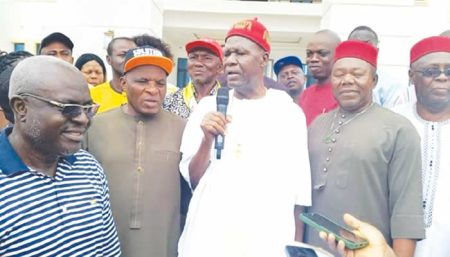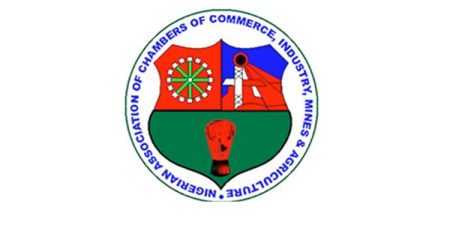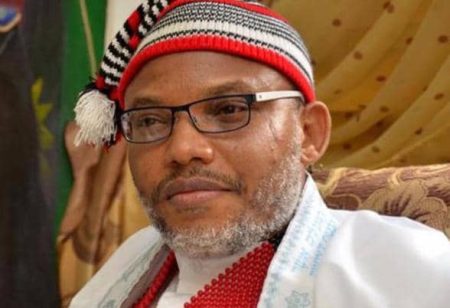The Central Bank of Nigeria (CBN) intervened in the foreign exchange (FX) market on April 4, 2025, injecting $197.71 million to bolster liquidity and maintain stability. This intervention reflects the CBN’s ongoing commitment to ensuring a functional and transparent FX market, particularly in the face of evolving global economic conditions. The CBN emphasized its proactive approach to managing the FX market, highlighting its dedication to transparency and adherence to the Nigerian FX Market Code. This injection of funds serves as a stabilizing measure, aiming to mitigate the impact of external pressures on the Naira and maintain a balanced exchange rate. The CBN’s action underscores its focus on fostering a robust and resilient financial environment.
The CBN’s intervention comes amidst a backdrop of significant global economic shifts, impacting emerging markets like Nigeria. Factors contributing to these challenges include the introduction of new import tariffs by the United States and a substantial drop in crude oil prices, a critical revenue source for Nigeria. The decline in oil prices, exceeding 12 percent to settle around $65.50 per barrel, exerts pressure on oil-exporting nations, influencing exchange rate dynamics and overall market sentiment. These external forces necessitate proactive measures by the CBN to ensure stability within the Nigerian FX market. The CBN’s response underscores its commitment to navigating the challenges posed by global economic fluctuations and safeguarding the Nigerian economy.
The injection of $197.71 million is a strategic move aimed at counteracting the negative impacts of these external pressures on the Naira. By increasing liquidity in the FX market, the CBN seeks to moderate exchange rate volatility and ensure smoother market operations. The CBN’s statement underscores its awareness of the global economic adjustments and its commitment to maintaining stability within Nigeria’s financial landscape. The proactive intervention reflects the CBN’s ongoing efforts to manage the complexities of the global economic climate and protect the Nigerian economy from external shocks.
The impact of global economic fluctuations, including the US tariffs and declining oil prices, has been reflected in the Naira’s performance. On April 4, 2025, the official exchange rate weakened to N1,600/$, representing a 1.9 percent depreciation from the previous day’s rate of N1,569/$. This marked the Naira’s weakest point since December 4, 2024, and a cumulative 3.9 percent depreciation in the first four days of April. The CBN’s data further revealed intra-day highs and lows of N1,625/$ and N1,519/$, respectively, indicating the market’s volatility and the varying perspectives of traders on the Naira’s short-term trajectory.
The Naira’s depreciation against the dollar reflects the challenges posed by the changing global landscape. The US tariffs have disrupted global trade flows, while the decline in oil prices has negatively impacted Nigeria’s revenue stream. These external pressures have contributed to downward pressure on the Naira. The wide range between the intra-day high and low highlights the uncertainty and speculation within the market, with some traders anticipating further weakening while others bet on potential interventions to strengthen the Naira. The CBN’s intervention aims to mitigate these pressures and stabilize the exchange rate.
The CBN’s intervention underscores its commitment to maintaining a stable and functional foreign exchange market in Nigeria. By injecting liquidity and closely monitoring market conditions, the CBN aims to mitigate the impact of external economic pressures on the Naira. The bank’s emphasis on transparency and adherence to market regulations reinforces its commitment to ensuring a fair and efficient FX market. The ongoing global economic adjustments and their impact on Nigeria’s economy necessitate continued proactive measures by the CBN to maintain stability and navigate these challenging times. The CBN’s commitment to market integrity and its proactive intervention strategies remain crucial for navigating the complexities of the global economic landscape and safeguarding the Nigerian economy.














